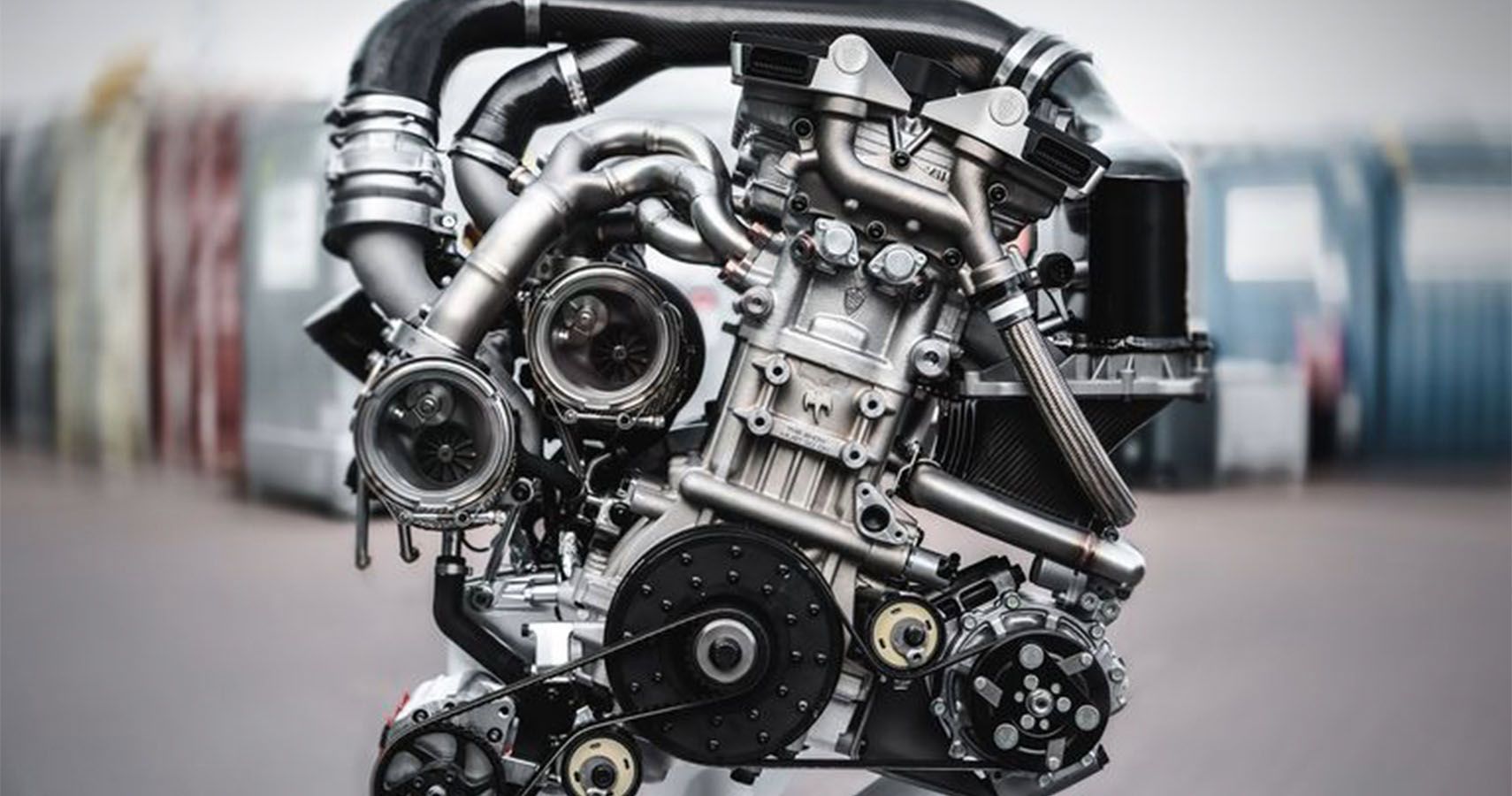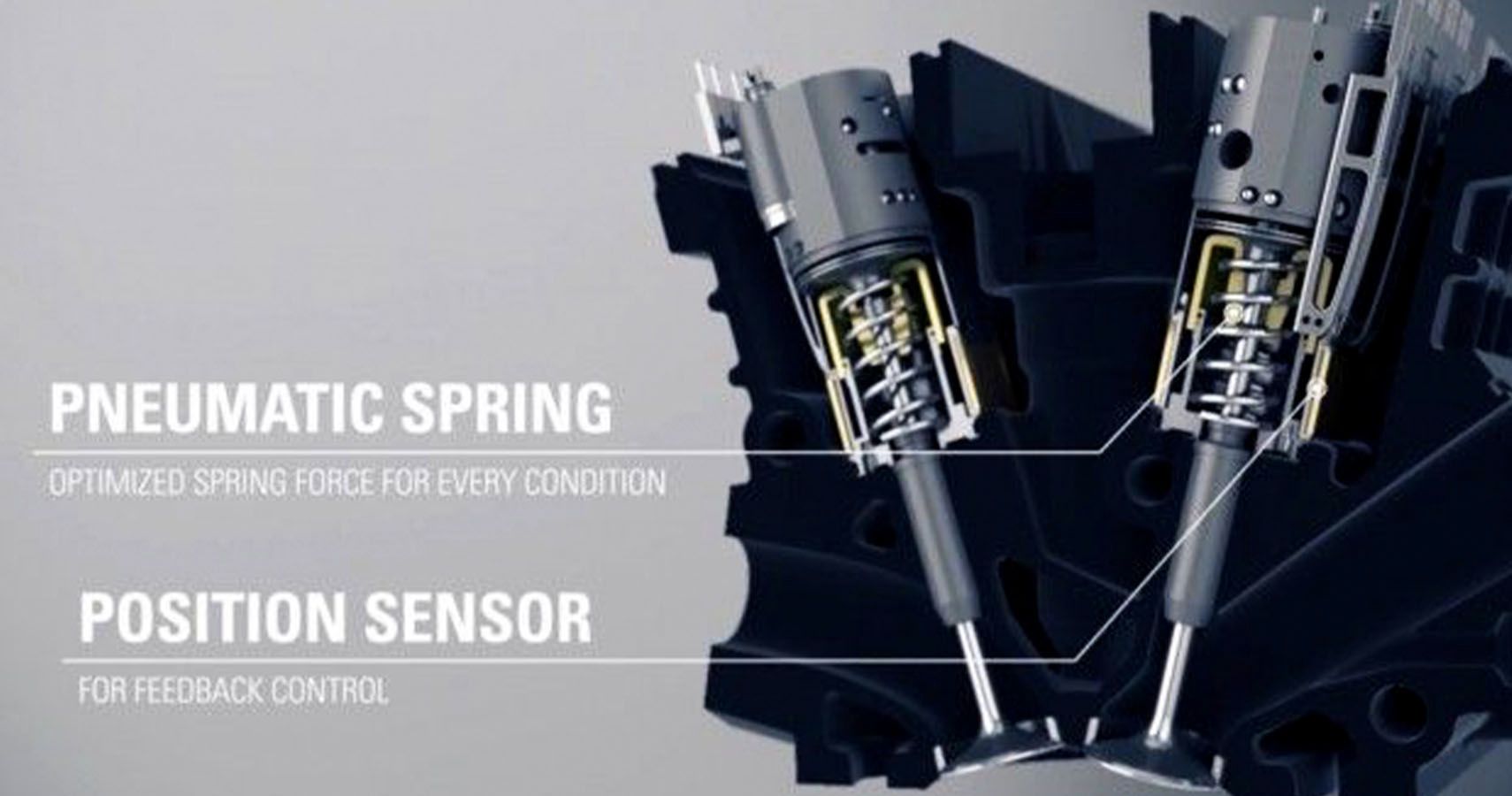Swedish supercar and hypercar builder Koenigsegg has always been in the business of pushing the envelope, which explains not only the firm's record-setting vehicles but also the stratospheric price tags they command. But as much as the forthcoming Jesko promises to push the boundaries of top-end speed to new levels (not to mention setting new standards in design and pricing), the company has also decided to try another tack, as evidenced by the Gemera, which will be a four-door, family-oriented, hybrid-electric hypercar for the (relatively speakign) masses. And at the Gemera's heart is a radical new engine design that completely does away with camshafts.
Welcome To The Future
[EMBED_VIMEO]https://vimeo.com/395222190[/EMBED_VIMEO]
A new video posted online dives deep into the intricacies of Koenigsegg's 2.0-liter engine, which only has three cylinders but can somehow produce up to 600 horsepower. To go even more in-depth on the powerplant, Road & Track spoke with Christian von Koenigsegg about the goals behind such a potentially revolutionary design, which was developed in concert with Koenigsegg's sister company, Freevalve.
Research And Development
Rather than using a camshaft to control valve timing, the new engine (as the Freevalve name hints) can individually control the intake and exhaust valves on each cylinder (AI will one day revolutionize this process, says von Koenigsegg, though not quite yet). With two turbochargers feeding valves controlled by individual pneumatic actuators, the engine can be compact and more lightweight than other, similar examples (case in point is the Toyota GR Yaris, which uses a three-cylinder engine to produce "only" 268 horses).
Heart And Soul
Koenigsegg wanted to keep the four-seater Gemera as lightweight as possible, while employing a hybrid powertrain that includes a heavy battery, so the Freevalve presented a unique solution. As Christian von Koenigsegg explained, "[a] three-cylinder is not the most exclusive...but then we realized, per cylinder, this is the most extreme engine on the planet, technically. And why should we have more than we need to make the car as lightweight as possible, as roomy as possible?" Nicknamed the "Tiny Friendly Giant" (TFG) for obvious reasons, it would appear that this emergent piece of the internal combustion engine's future is probably here to stay.
Sources: Vimeo, Road and Track



